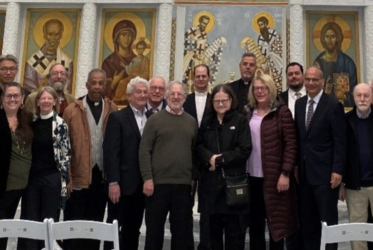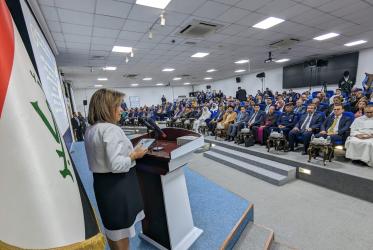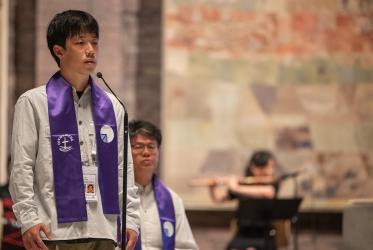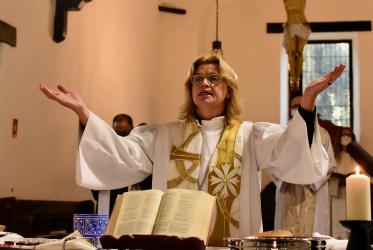The Lord loves righteousness and justice; the earth is full of his unfailing love (Psalm 33:5)
New technologies are transforming our world and the multiple spaces in which we live, work and witness. These technologies offer us new ways to create, to heal, to communicate, and to navigate the world. However, many such technologies, while undoubtedly offering actual or potential advances in human wellbeing, have also raised concerns regarding their social and environmental impacts and ethical implications, especially in light of the rapidity of their development and application.
12 November 2022
Executive committee











